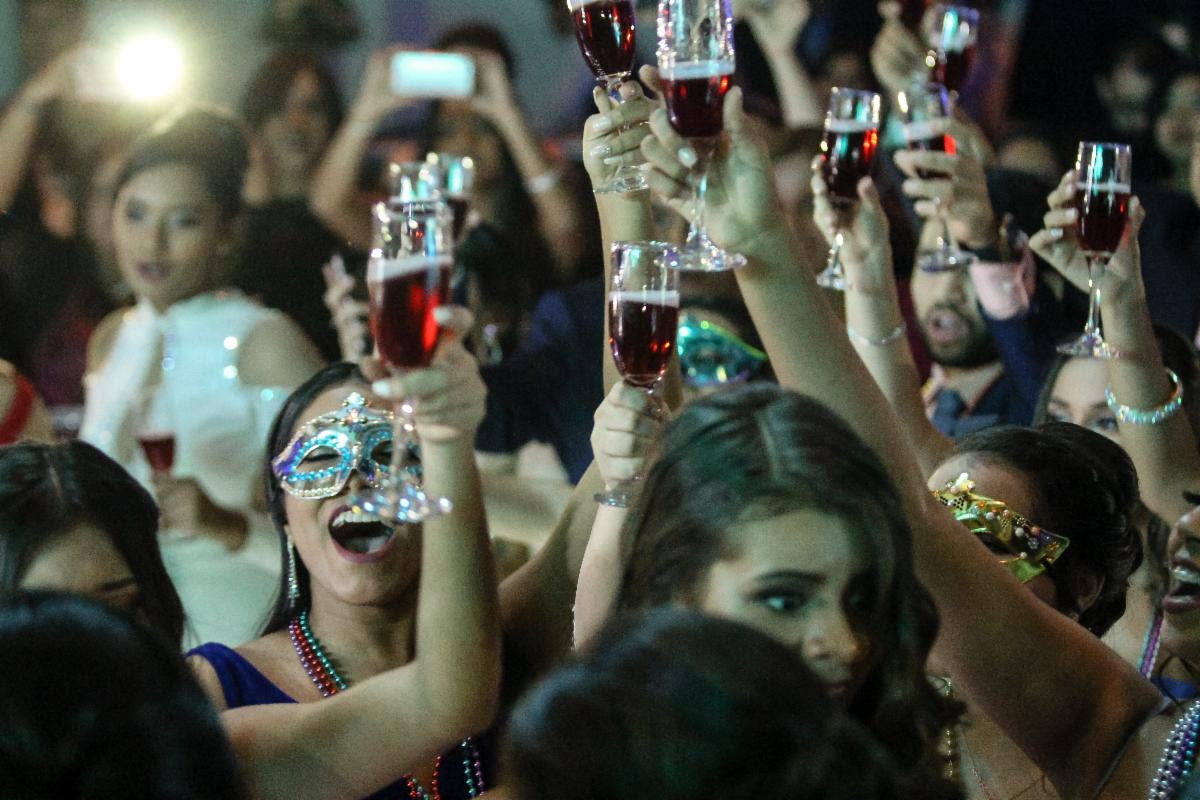Company-sponsored parties are a fun way to build employee morale during the holiday season, but, if you’re not careful, they can also result in significant liability.
Potential claims include those for sexual harassment, discrimination, and overtime pay. Worse still, you may find your business is liable for an employee’s behavior after the party, such as when an employee who becomes intoxicated at the company party causes a fatal car accident.
To help avoid problems, you should send a memo before the party reminding employees that all policies relating to sexual harassment, discrimination, bullying, violence and retaliation apply at company-sponsored social events as well as in the workplace.
The party should be described as a “holiday” or “winter” party. Using a description associated with a particular religion, race or culture, such as “Christmas party,” “Hanukkah dinner,” or “Kwanzaa celebration,” could give rise to a claim for religious or racial discrimination.
You should also avoid using decorations or playing music that could be construed as being associated with a particular religion, race or nationality.
In addition, don’t hang mistletoe, arrange for games that involve touching or hold the event at a location that may offend employees, such as a comedy club, where acts may include offensive content.
If gifts are involved, advise employees that all gifts, even gag gifts, should be in compliance with company policies, that is, not discriminatory or offensive. Further, a dress code should be circulated requiring appropriate attire for the event (e.g., no revealing or suggestive clothing).
If alcohol will be served, remind employees that alcohol use must be moderate. Limit the number of alcoholic beverages each person can have (such as through a ticket system) or provide only a short time during which alcohol will be served. The bar should be closed at least an hour before the party ends. A variety of nonalcoholic beverages should be offered as well.
In addition, plenty of food should be available at any party at which alcohol is served, bearing in mind that some employees may have special dietary needs due to allergies, diabetes, celiac disease and the like. It would, therefore, be appropriate to provide a wide variety of foods.
To further reduce the possibility of having your business liable for alcohol-related conduct, hold the event at a restaurant or hire a caterer with licensed bartenders who are trained to recognize signs of intoxication.
If, despite your precautions, an employee appears to be intoxicated, arrange for a cab, Uber, Lyft or hotel room.
To help avoid wage-and-hour claims, tell employees that party attendance is optional, don’t imply that attendance will help further the employee’s career, and don’t engage in any business activities or discussions during the event.
You should also contact your insurance broker to make sure your insurance policy covers the types of claims that may arise from a company-sponsored party.
Please feel free to contact us if you have any questions about your holiday party or if you need assistance drafting your company’s employment policies.






